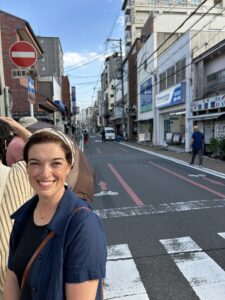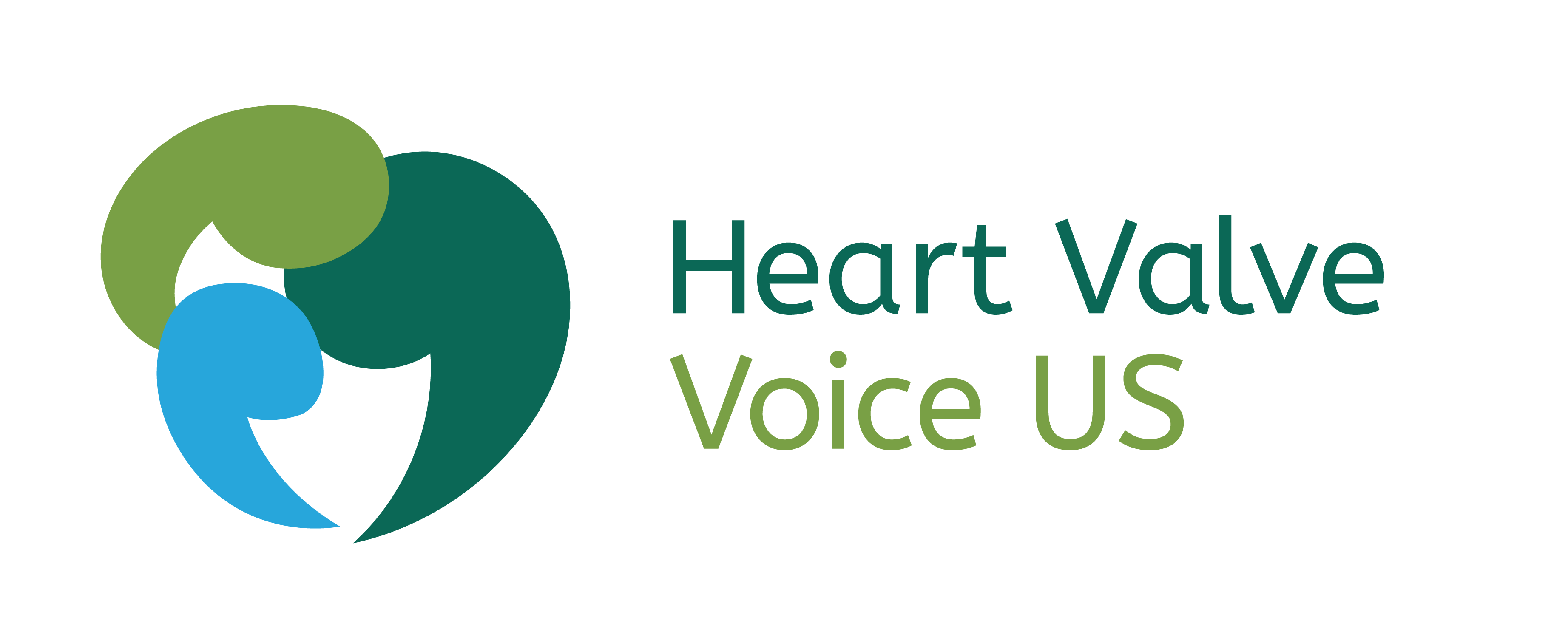 Can you share your experience with heart valve disease?
Can you share your experience with heart valve disease?
I was born with a unicuspid aortic valve defect. The murmur was heard at birth, and so I always knew I had a ‘heart problem’, that ‘someday I will have to have heart surgery’, and ‘that I shouldn’t exercise too much’. It sounds like I knew everything, right?
Despite this, I grew up putting these facts into the background of my mind and life. I did not dig too deeply into the ‘what’ of this condition, nor did I feel that this medical fact was fully explained by the healthcare I received until it came time to have my surgery at age 42.Within the disease state, I was an avoidant patient, who did not have the right words or mindset to advocate for where my body was taking me.
What encouraged you to become a patient advocate?
After my heart surgery, I became a different patient: suddenly my heart became centered in my mind, that I finally had a grasp of what was at stake all those years just under my ribcage. The experience of the surgery and the time after was both amazing and traumatizing. My mind kept going outward, and I thought to people all around me who didn’t have those words and confidence to speak up. It surprised me in hindsight how little I had heard or knew about ‘valve disease’, even though I was living with it – that perhaps others might have the same experience.
I was lucky to find doctors such as my primary care, cardiologist and cardiothoracic surgeon, that did listen to me in appointments. In these experiences, I learned that it’s important to meet the professionals with a grasp of the condition and my symptoms, being prepared for each appointment. In this way, it becomes a partnership and a journey towards better help and health. I feel strongly that patient education is a cornerstone to advocacy. I have expressed this in my work with a Minnesota patient education non-profit, Rock from the Heart. I have helped plan patient education symposiums, selecting speakers and topics that address both the medical treatment options for aortic disease, but also issues that aren’t always addressed in cardiology appointments, such as mental health and holistic health approaches. In February 2025, we had our first community valve screening event, screening almost 30 people for whom their heart health was previously unknown.
Have you experienced any issues accessing treatment for your valve disease from your insurance company? If so, did you navigate those issues?
I was fortunate to have health insurance that covered the treatments I required for my condition.
A feeling that arose after receiving my new aortic valve and successful recovery was humility and gratitude. I know what this condition is, how it impacts your daily life, and everyone in the same boat should have dignity of treatment.
How did you become involved with Heart Valve Voice US, as well as other heart health advocacy organizations?
I was fortunate to meet Robyn Peacock, who spoke at Rock from the Heart’s 2025 symposium. Through our shared connection through our valve experience and passion for helping others, I was invited to serve as a Heart Valve Voice US Patient Ambassador.
I am so excited to explore all the ways I can leverage my passion for patient education and care through Heart Valve Voice US. It is important to also know there are ways to make real and lasting changes not only at the one-to-one level in the clinic and within oneself but also shaping of policies to best support patients with heart valve disease, nationwide.
Why do you think it is important for other patients living with heart valve disease to share their story?
Hearing each other’s stories is so empowering – knowing you are not alone, knowing what you have felt has merit, and understanding different points of view within a similar experience. I have personally taken such strength in these kinds of conversations and always come away feeling a greater understanding of what it means to be a human.
In your opinion, what can patients, health professionals, and advocacy groups do to continue raising awareness about valve disease?
For patients just entering the system, the language and what to expect may be new to them. At this stage it is important for health professionals to give high-quality educational resources on valve disease and ensure the patient feels heard and their questions valued. Advocacy groups should actively engage with health professionals and their Societies to promote this kind of patient engagement.
Encouraging healthcare systems to provide up-to-date education materials and support community-based outreach, such as free valve screening as part of their mission is another piece that advocacy groups can contribute to. Within all this, there is greater awareness for these patients going forward, and a broader reach to the public with these activities. For patients, sharing their story is so important, in a setting that is comfortable to them. The more everyone hears about valve disease, the more we know!
What is one fun fact that others may not know about you?
Since I was young, I have been fascinated with World War II history. It was a time of collective upheaval and horror, but illustrates how Americans could work towards a goal, and accomplish so much. I have enjoyed visiting places that embody certain aspects of that time, my favorite being Chania, on the Greek island of Crete. Check out the book “Crete – The Battle and the Resistance” by Antony Beevor!


